Bosnian talks still deadlocked
Talks between Bosnian political leaders and U.S. and EU officials ended today in Butmir without reaching any agreement.
Wednesday, 21.10.2009.
12:47

Talks between Bosnian political leaders and U.S. and EU officials ended today in Butmir without reaching any agreement. A set of proposals to address open issues in Bosnia-Herzegovina has been offered by representatives from Washington and Brussels, which Bosnian leaders have thus far rejected. Bosnian talks still deadlocked Republic of Srpska Prime Minister Milorad Dodik, Party of Democratic Action (SDA) leader Sulejman Tihic, Party for Bosnia-Herzegovina leader Haris Silajdzic, Social Democratic Party (SDP) leader Zlatko Lagumdzija, th Croatian Democratic Union’s (HDZ) Dragan Covic, Bozo Ljubic of the Croatian Democratic Union 90 (HDZ 90) and Party of Democratic Progress (PDP) leader Branislav Borenovic are taking part at the Butmir talks. Swedish Foreign Minister Carl Bildt, Deputy Secretary of State James Steinberg and EU Enlargement Commissioner Olli Rehn are chairing proceedings. While international representatives said that an important step had been made—the determination of Bosnian officials to move towards Euro-Atlantic integration—Bosnian officials said negotiations so far had been “unsuccessful.” Bildt said that Bosnian politicians realized that these talks were only the beginning for accomplishing higher goals. “Bosnia-Herzegovina cannot get a free ticket to Europe,” he said after the meeting, adding that Sarajevo had to fulfill all the conditions in order to join the EU family. He added that the international community had urged domestic officials to speed up fulfillment of the EU conditions. “Unless the conditions for joining Euro-Atlantic integration are met, Bosnia-Herzegovina will fall behind the other countries in the region,” Bildt warned. He added that the only reason Bosnia was not yet on the white Schengen list for EU visa liberalization was the politicians’ failure to meet the necessary criteria. Steinberg and Bildt announced the possibility of returning to Bosnia-Herzegovina on November 18 for a meeting of the Peace Implementation Committee. Until then Bosnian political leaders will continue negotiations with international experts. They announced that a joint EU-U.S. team would be returning to Bosnia-Herzegovina next week in order to continue the talks with the leaders of the political parties. The talks at the Butmir military base started on October 9. Carl Bildt (FoNet, archive) "Problems can't be solved overnight" The success of these negotiations has been questioned because the representatives of the largest parties in Bosnia-Herzegovina are not satisfied with the proposed reform of the Constitution presented by American and European mediators. Swedish Foreign Minister Carl Bildt and Deputy Secretary of State James Steinberg said that there were differences among the party leaders and that the problems in Bosnia-Herzegovina could not be solved overnight. Republic of Srpska Prime Minister Milorad Dodik stated that it was important to the representatives of U.S. and EU “to hold some sort of meeting,” adding that they had discussed the principles of the negotiations yesterday and which solutions were possible and which were not. “We said yesterday that the proposed package was unacceptable for us, that it was anti-Dayton and that it could not be a foundation for the talks, and we repeated that today. The talks have turned into talks about the principles, with the clear opinion that this is not a foundation for any negotiations,” he told Republic of Srpska TV. According to Dodik, “it has become clear now that the reality in Bosnia-Herzegovina is quite different to the ideal wishes that some want to promote.” He added that “various requests” had been made, adding that Party of Democratic Action (SDA) leader Sulejman Tihic had called for a Supreme Court to be incorporated into the Constitution, which was unacceptable to the Republic of Srpska. “My request to incorporate the right to a referendum in the Constitution and a procedure for possible peaceful separation in Bosnia-Herzegovina are probably unacceptable to him,” Dodik said. He said that Bosnia-Herzegovina would either continue to function as a two-entity state, respecting the RS or “it won’t exist.” Croatian Democratic Union (HDZ) leader Dragan Covic said a Declaration on the Bosnian Constitution could be agreed, together with issues concerning the handling of state assets. The talks with the leaders of Bosnia-Herzegovina in Butmir are being chaired by Steinberg, Bildt and EU Enlargement Commissioner Olli Rehn.
Bosnian talks still deadlocked
Republic of Srpska Prime Minister Milorad Dodik, Party of Democratic Action (SDA) leader Sulejman Tihić, Party for Bosnia-Herzegovina leader Haris Silajdžić, Social Democratic Party (SDP) leader Zlatko Lagumdžija, th Croatian Democratic Union’s (HDZ) Dragan Čović, Božo Ljubić of the Croatian Democratic Union 90 (HDZ 90) and Party of Democratic Progress (PDP) leader Branislav Borenović are taking part at the Butmir talks.Swedish Foreign Minister Carl Bildt, Deputy Secretary of State James Steinberg and EU Enlargement Commissioner Olli Rehn are chairing proceedings.
While international representatives said that an important step had been made—the determination of Bosnian officials to move towards Euro-Atlantic integration—Bosnian officials said negotiations so far had been “unsuccessful.”
Bildt said that Bosnian politicians realized that these talks were only the beginning for accomplishing higher goals.
“Bosnia-Herzegovina cannot get a free ticket to Europe,” he said after the meeting, adding that Sarajevo had to fulfill all the conditions in order to join the EU family.
He added that the international community had urged domestic officials to speed up fulfillment of the EU conditions.
“Unless the conditions for joining Euro-Atlantic integration are met, Bosnia-Herzegovina will fall behind the other countries in the region,” Bildt warned.
He added that the only reason Bosnia was not yet on the white Schengen list for EU visa liberalization was the politicians’ failure to meet the necessary criteria.
Steinberg and Bildt announced the possibility of returning to Bosnia-Herzegovina on November 18 for a meeting of the Peace Implementation Committee.
Until then Bosnian political leaders will continue negotiations with international experts.
They announced that a joint EU-U.S. team would be returning to Bosnia-Herzegovina next week in order to continue the talks with the leaders of the political parties. The talks at the Butmir military base started on October 9.
"Problems can't be solved overnight"
The success of these negotiations has been questioned because the representatives of the largest parties in Bosnia-Herzegovina are not satisfied with the proposed reform of the Constitution presented by American and European mediators.Swedish Foreign Minister Carl Bildt and Deputy Secretary of State James Steinberg said that there were differences among the party leaders and that the problems in Bosnia-Herzegovina could not be solved overnight.
Republic of Srpska Prime Minister Milorad Dodik stated that it was important to the representatives of U.S. and EU “to hold some sort of meeting,” adding that they had discussed the principles of the negotiations yesterday and which solutions were possible and which were not.
“We said yesterday that the proposed package was unacceptable for us, that it was anti-Dayton and that it could not be a foundation for the talks, and we repeated that today. The talks have turned into talks about the principles, with the clear opinion that this is not a foundation for any negotiations,” he told Republic of Srpska TV.
According to Dodik, “it has become clear now that the reality in Bosnia-Herzegovina is quite different to the ideal wishes that some want to promote.”
He added that “various requests” had been made, adding that Party of Democratic Action (SDA) leader Sulejman Tihić had called for a Supreme Court to be incorporated into the Constitution, which was unacceptable to the Republic of Srpska.
“My request to incorporate the right to a referendum in the Constitution and a procedure for possible peaceful separation in Bosnia-Herzegovina are probably unacceptable to him,” Dodik said.
He said that Bosnia-Herzegovina would either continue to function as a two-entity state, respecting the RS or “it won’t exist.”
Croatian Democratic Union (HDZ) leader Dragan Čović said a Declaration on the Bosnian Constitution could be agreed, together with issues concerning the handling of state assets.
The talks with the leaders of Bosnia-Herzegovina in Butmir are being chaired by Steinberg, Bildt and EU Enlargement Commissioner Olli Rehn.










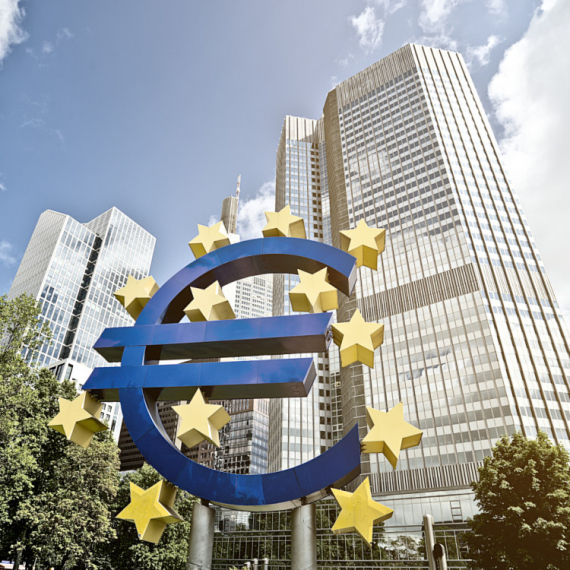

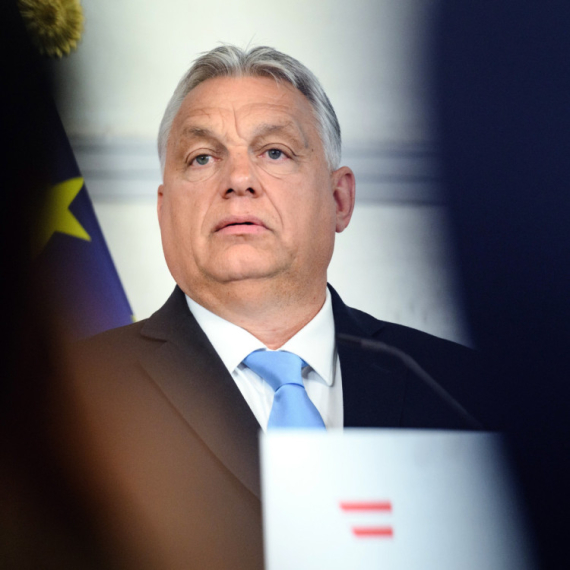

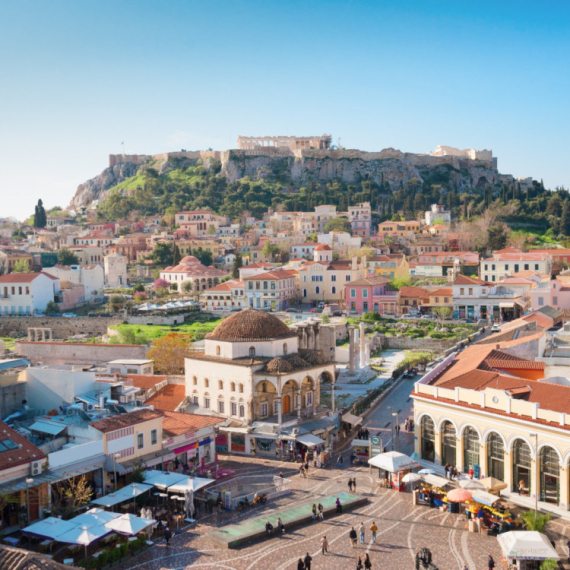
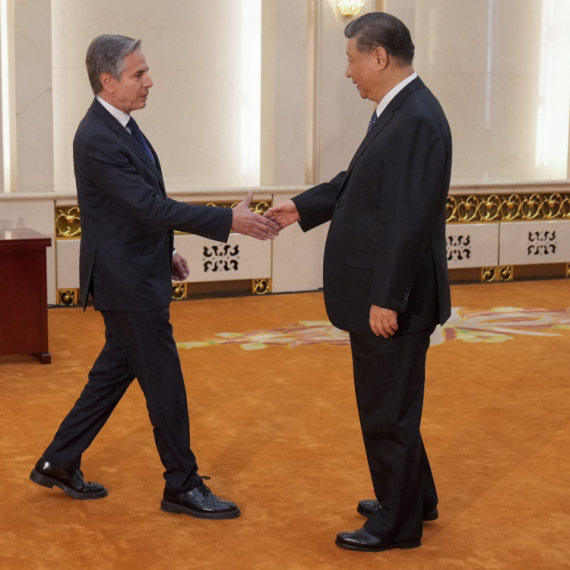
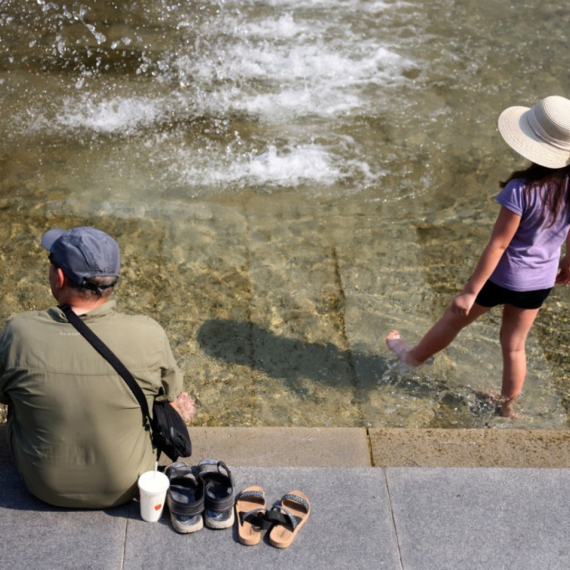
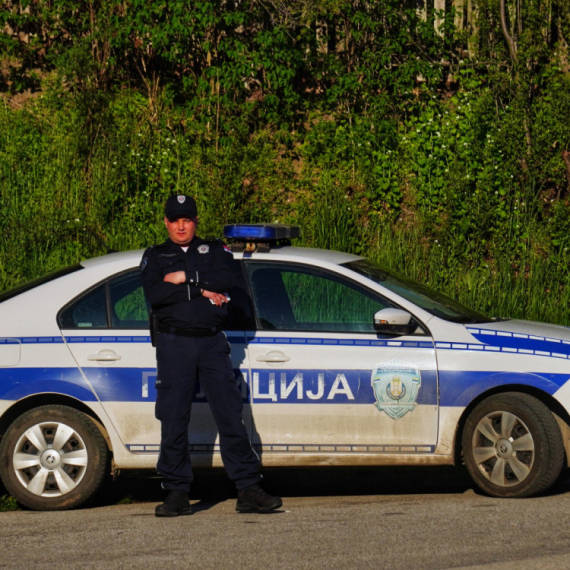

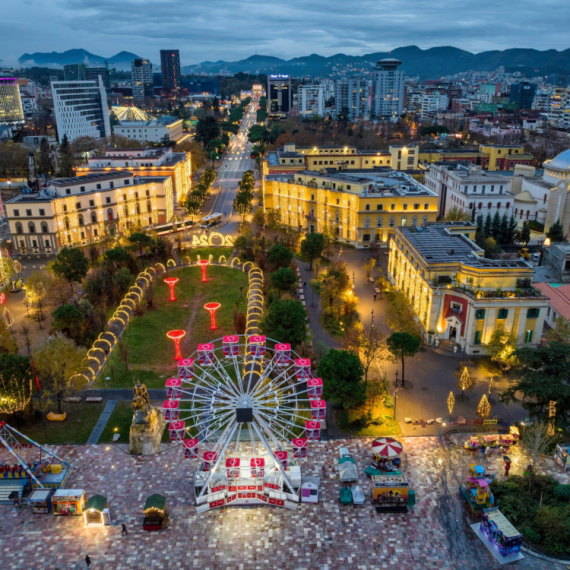









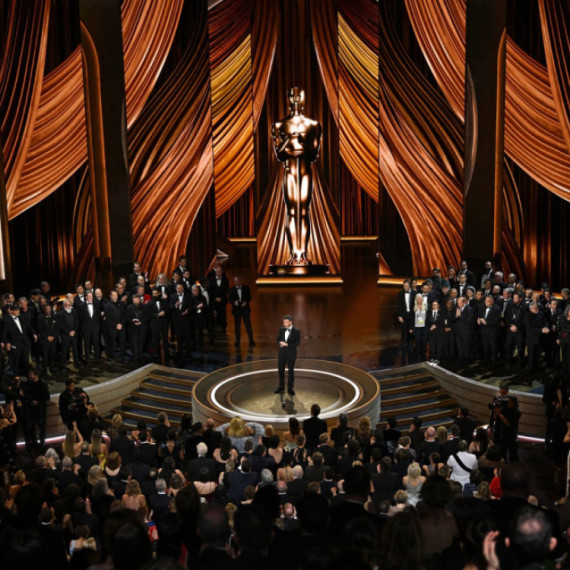




















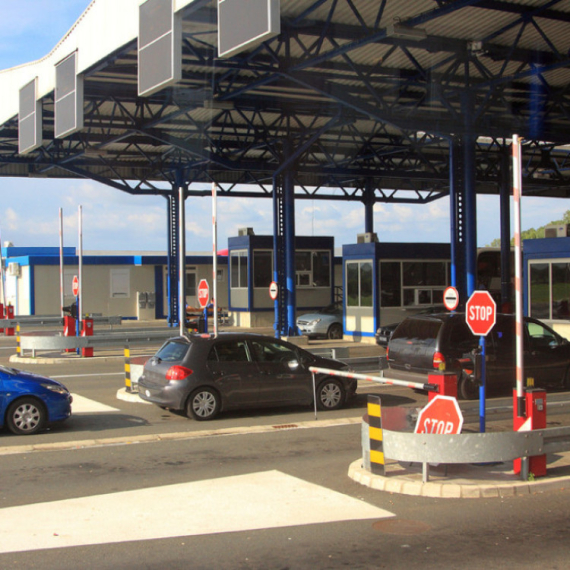






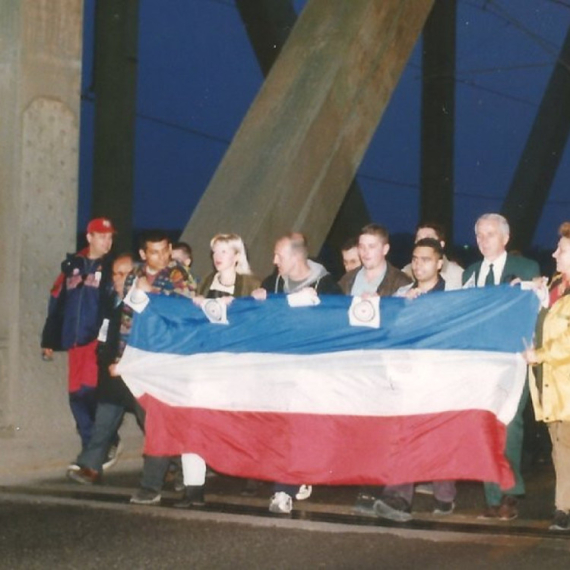

Komentari 20
Pogledaj komentare